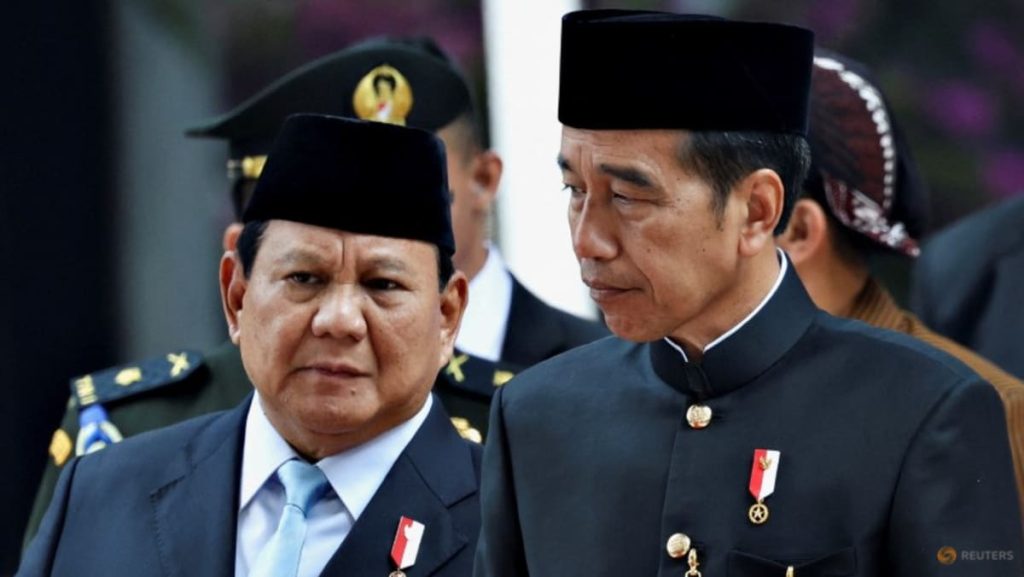During his State of the Nation address, Mr Widodo wore traditional Betawi attire and apologized once again to the people, acknowledging that his efforts may not have pleased everyone. He expressed regrets for any disappointment, unfulfilled hopes, or dreams that were not achieved. This apology was his second in the month, following one made during a congregational prayer event on August 1. Critics have suggested that this gesture may be seen as an attempt to gain sympathy, but Mr Widodo reaffirmed his sincerity in addressing the public.
In his speech at the People’s Consultative Assembly meeting, Mr Widodo recognized the limitations of his achievements and the challenges of meeting the expectations of a diverse populace. He emphasized that he and Vice President Ma’ruf Amin were sorry for any shortcomings and pledged to continue striving for the betterment of the country. Despite facing criticism for certain actions during the previous year’s State of the Nation address, where he championed policy continuity and denied influencing the selection of presidential candidates, Mr Widodo remained committed to his duties as a leader.
The February general election, which saw the victory of Defence Minister Prabowo Subianto and Mr Widodo’s son Gibran Rakabuming Raka as vice president-elect, raised concerns about the perceived favoritism towards the winning candidates. Observers noted that the introduction of various programs prior to the polls appeared to benefit the eventual winners, sparking accusations of attempts to solidify a political dynasty. The controversial constitutional court ruling allowing Mr Gibran to run further fueled suspicions of underlying motives and ambitions within the government.
Speaker of the House of Representatives, Puan Maharani, addressed the outcomes of the presidential election during the recent meeting, questioning the fairness and transparency of the process. Reflecting on the voting patterns and citizen participation, Maharani urged a critical assessment of the election’s integrity. She highlighted the importance of free, honest, and fair elections, stressing the need for citizens to choose their leaders without external pressures or biases. The remarks alluded to possible issues with the electoral system and underscored the significance of upholding democratic values in governance.
Despite the challenges and controversies swirling around his administration, Mr Widodo’s apology signals a humility and willingness to acknowledge imperfections in his leadership. By expressing regret and recognizing the concerns of the public, he seeks to strengthen the trust and confidence of the people in his government. The role of the State of the Nation address in reflecting on past achievements and looking ahead to future goals underscores the accountability and transparency expected from leaders. Moving forward, Indonesia’s political landscape will likely continue to grapple with questions of legitimacy, fairness, and representation in its governance structures.
As Mr Widodo navigates the complexities of power and public perception, his repeated apologies serve as a reminder of the responsibility that comes with leadership. Addressing the diverse needs and expectations of a nation requires a delicate balance of upholding principles of democracy, inclusion, and accountability. By voicing his remorse and commitment to improvement, Mr Widodo aims to bridge the divide between the government and the governed, fostering a sense of unity and shared purpose. The ongoing dialogue around electoral integrity and political ethics underscores the ongoing challenges of building a sustainable and equitable democracy in Indonesia.















